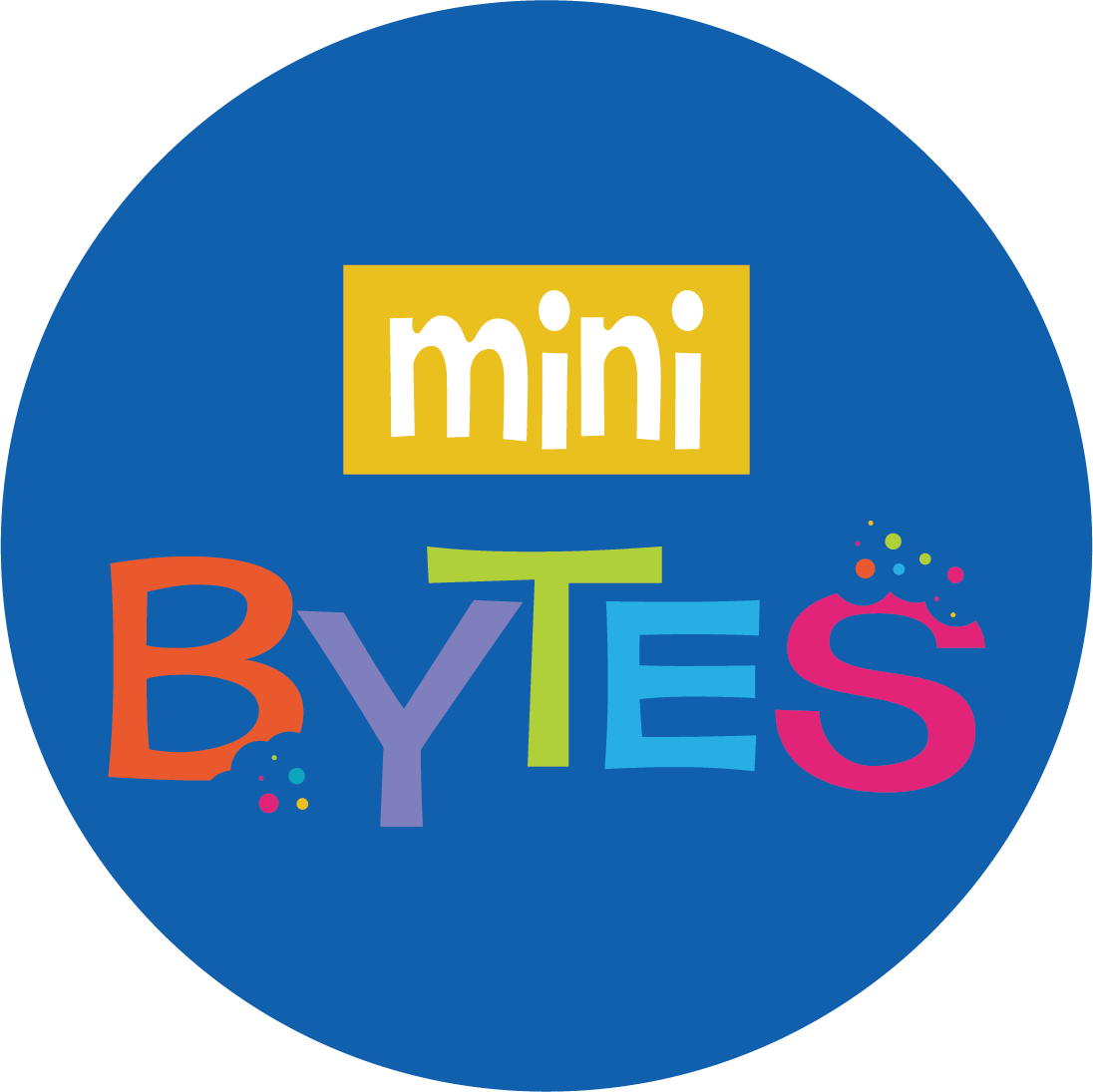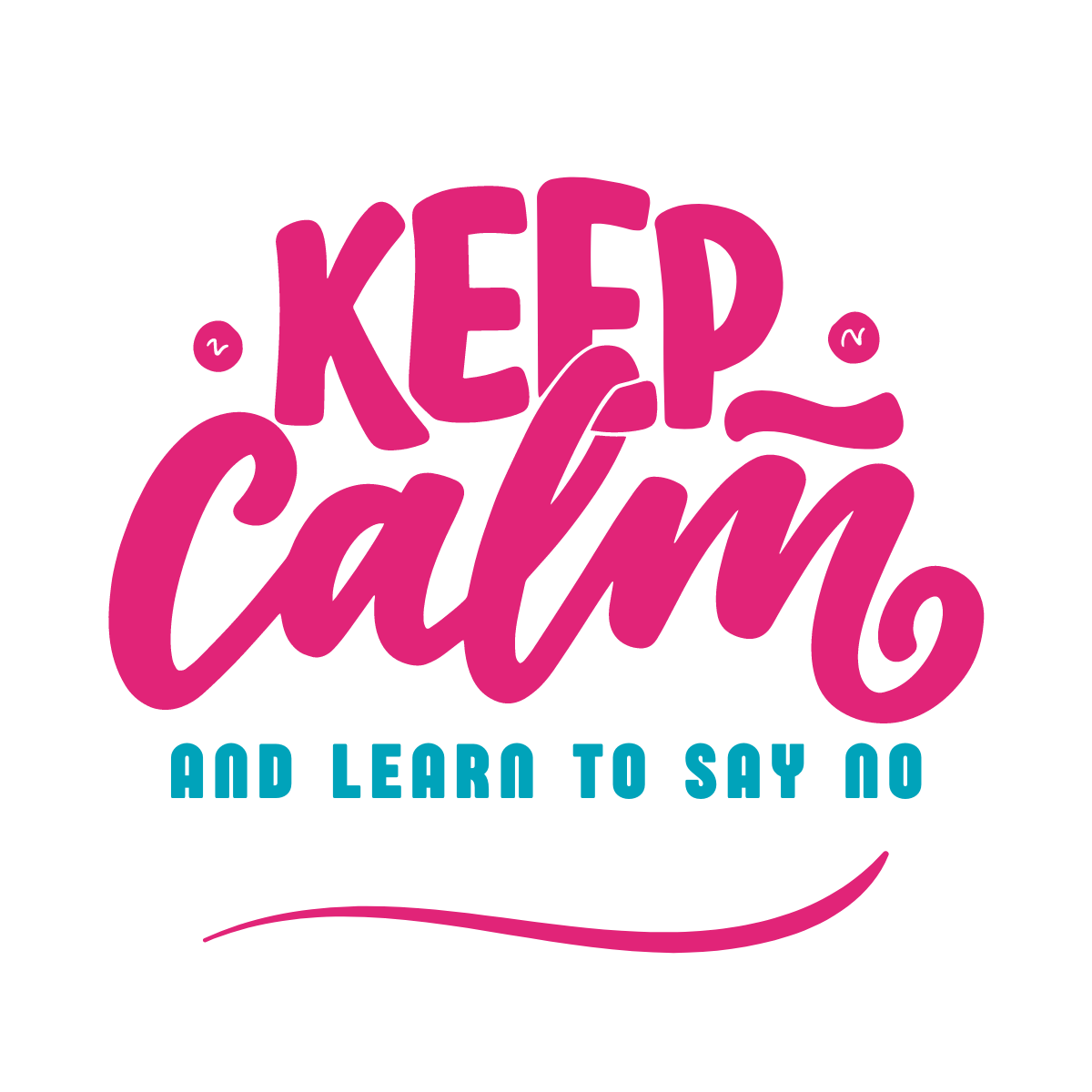Do you struggle with setting clear boundaries? Are you constantly torn between saying “Yes” out loud while screaming “NO!” on the inside?
As leaders, we all face the challenge of knowing when to say “Yes,” when to say “No,” or when to say “Maybe later.” So why is it so difficult for us to set boundaries effectively?
The struggle to say “No” is a common theme among professionals seeking personal development.
A simple Google search will yield countless resources on the best tips for saying “no” gracefully, with compassion, and assertiveness. From saying “no” to our kids, colleagues, or even societal norms, there are endless opportunities to practice the art of “No.”
But even with all this advice, we find it challenging to build lasting habits that help us say “no” effectively.
Surprisingly, we can learn a thing or two from toddlers in this regard.
Once toddlers discover the power of “no,” they wield it without hesitation, regardless of who they say it to or when they use it. It's a paradox; something that should be simple becomes incredibly complex for us.
Let's break down a couple of reasons why saying “no” is difficult for us, despite having learned it in our developmental years.
- We must navigate the complexity of WHO we say “no” to. From saying “no” to ourselves to saying it to our loved ones, colleagues, bosses, and even strangers, the scope of people we have to say “no” to is vast.
- There are many reasons why we say “no.” It often involves disagreements, dislikes, lack of time, or other limiting factors. However, the emotions associated with saying “no” can be overwhelming. We fear hurting others, missing out on opportunities, seeming difficult or uncaring, and that causes us to withhold the use of “no.”
So what can we learn from toddlers about saying “no”?
- We need to reclaim our power by being clear about our priorities and confidently saying “no” to things that don't align with them. We should care less about what others might think and focus on our own needs.
- We can learn fearlessness from toddlers. By releasing ourselves from the fear of disappointing others or facing consequences, we can embrace “no” as a means of self-love and empowerment.
- Leaders seeking clarity and focus in their work can benefit from saying “no” more often, to more people, despite their fears.
By relearning the power of “no” and understanding the reasons behind our hesitations, we can become more effective and authentic leaders.
If you want to delve deeper into this concept, check out a mini-byte video where Kristie explores the complexities of the word “no” and its significance in inclusive education.
By harnessing our inner toddler's ability to say “no” fearlessly, we can lead with authenticity and create healthier boundaries for ourselves and those around us.
Sign up below for access to Mini-Bytes, concise, research-based resources on inclusive education, and unleash the power of “no” in your leadership journey. As Brené Brown wisely puts it, daring to set boundaries is an act of courage that reflects our love for ourselves, even if it means risking disappointment in others.


